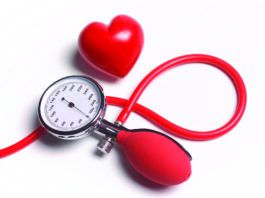Scientists Building Better Potatoes
USDA scientists have developed a variety of yellow potato with two to three times the carotenoids in conventional Yukon Golds.
Were Not Eating as Much Sugar, After All
The USDA has revised longstanding estimates that Americans eat 95 to 100 pounds of sugar and other caloric sweeteners each year.
Grapefruit-Drug Interactions Found to Be More Common
If youre taking any regular medications, check with your doctor before including grapefruit
Sea Salt Ineffective for Sodium Reduction
Dont count on sea salt to reduce your dietary sodium intake.
“Ideal Weight” Gets Fatter, Too
Whats your ideal weight? As Americans get fatter, their answer is packing on the pounds, too.
Eating Right May Prevent More Heart Trouble
Even patients whove already had a heart attack or who are on medications can benefit from a healthy diet, according to a new study.
Survey: Were Smart on Sugar, But Not on Calories and Weight
Americans seem to have gotten the message about avoiding added sugars,
Vitamin D Doesnt Help Arthritic Knees
Dont look to vitamin D pills to relieve your knee arthritis pain.
Less Fat, More Fast Food in US Diet
Were consuming less fat but eating out more than in the 1970s, according to a good news/bad news report from the USDAs Economic Research Service.
FDA Proposes Sweeping Food-Safety Reforms
The US Food and Drug Administra-tion has finally unveiled proposed new food-safety regulations aimed at reducing the estimated 3,000 deaths annually from foodborne illnesses.




























